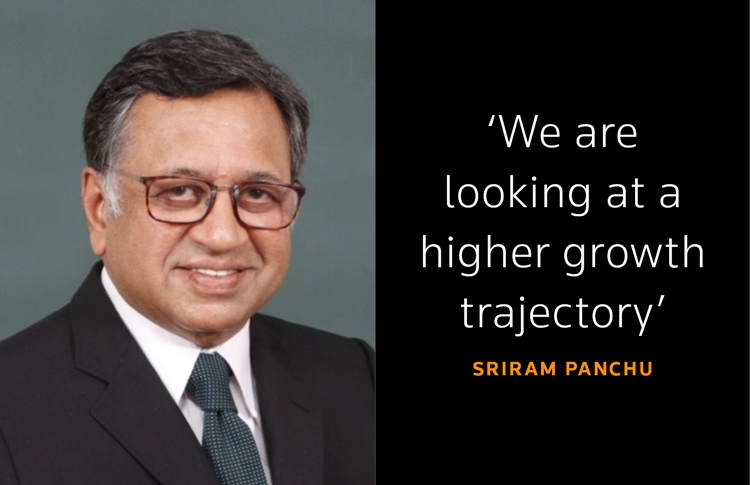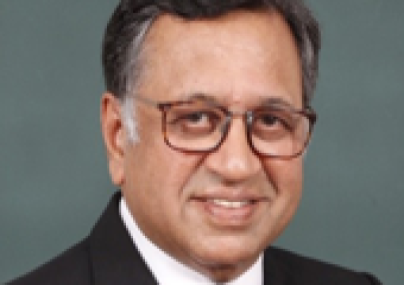 Sriram Panchu, founder of The Mediation Chambers and president of Mediators India, talks to ALB about how mediation has become a fast-growing dispute resolution method in the country.
Sriram Panchu, founder of The Mediation Chambers and president of Mediators India, talks to ALB about how mediation has become a fast-growing dispute resolution method in the country.
ALB: What are the advantages of mediation as a dispute resolution method, particularly at this time?
PANCHU: Its traditional advantages, of course, are that cost-effective, saves time, focuses on practical solutions that secure acceptance from all parties, and is enforceable without difficulty. All those boxes are ticked off.
Now we can add one more box and a tick-off. COVID makes face-to-face meetings and large gatherings a source of danger. Court hearings, as we know them, are very difficult now. Mediation is most amenable to online use; in fact, I have found it far more convenient both for parties and me to structure online mediations. We don’t waste time scheduling and giving distant dates; we get to grips very quickly and stay focused, and the ease of handling it and its results are much better than what one anticipated.
ALB: What has been India’s experience with mediation so far? How does it compare to other prominent jurisdictions?
PANCHU: India is a late comer into the mediation arena. Our legislation dates to 2002, and we started our first court annexed mediation centre in the Madras High Court in 2005 (which I had the privilege of being associated with). But we have moved with tremendous speed thereafter. Now the Supreme Court and all our 28 high courts have in-house mediation centres, and so do many district courts below. We have a few thousand trained mediators who handle a large number of cases across a broad range of matrimonial, civil and commercial disputes. With disputants seeking mediation services without going to Court, we have created the capacity to train mediators and to offer mediation administration services. So, I can say that progress has been very satisfactory, and we are looking at a higher growth trajectory.
ALB: Do you feel the framework is currently in place for the growth of mediation? What more can be done to promote it?
PANCHU: We have the basic framework in place and have done some fitment and adjustment to handle needs as they crop up. However, for some time now, we are cognizant that we need a comprehensive overarching mediation law in tune with the current developments in the field and our special needs. I am glad to say that this is under active consideration, and, hopefully, a good enactment will emerge soon. It should provide for best practices, standards of training, accreditation, codes of ethics etc. and cover all areas – court-annexed mediation, out of court (private) mediation, cross border disputes, commercial and family matters and so on. This is one enactment that will be the Holy Mediation Grail.
Once this comes about, courts and lawmakers should adjust system incentives and disincentives to move parties to the mediation table earlier rather than later. And of course, we must ramp up capacity to meet the demand for quality mediators.
ALB: In your experience, how do lawyers, their clients and judges view mediation at this point?
PANCHU: The Bar has been surprisingly receptive and cooperative all along and I have come to believe that many lawyers welcome this method of dispute resolution, which brings benefits to their clients. Also, it is heartening to see how many lawyers have signed up to become mediators and devote large chunks of time for mediating cases while receiving just an honorarium. Users love this process, which gets them over and beyond the dispute in the best way possible. And it is not just time and cost. I have seen plenty of weeping and sobbing in the mediation rooms when long-estranged brothers end their feud, or a father reunites with his son. With hardly any exception, judges are strong supporters, some are quite keen on becoming mediators after they get off the Bench and I do have to emphasise the need for unlearning for facilitative traits to replace directory ones here.
ALB: What are your predictions for the evolution of mediation in India over the next few years?
PANCHU: Oh, I think it will grow fast for a number of reasons. Firstly, the Singapore Convention, which now makes it easy to enforce a mediated settlement in an international commercial dispute across the world without difficulty; this is music to the ears of business, which now only hears about delay and more delay in litigation. Secondly, India’s insertion of mandatory mediation prior to litigation in commercial disputes. When (hope-fully not if) this is implemented well, it will be a great boost to mediation and mediators.
Thirdly, the expected comprehensive mediation legislation, and the final reason is COVID’s silver lining in making us move to an online world, which suits mediation extremely well.
To contact the editorial team, please email ALBEditor@thomsonreuters.com.
